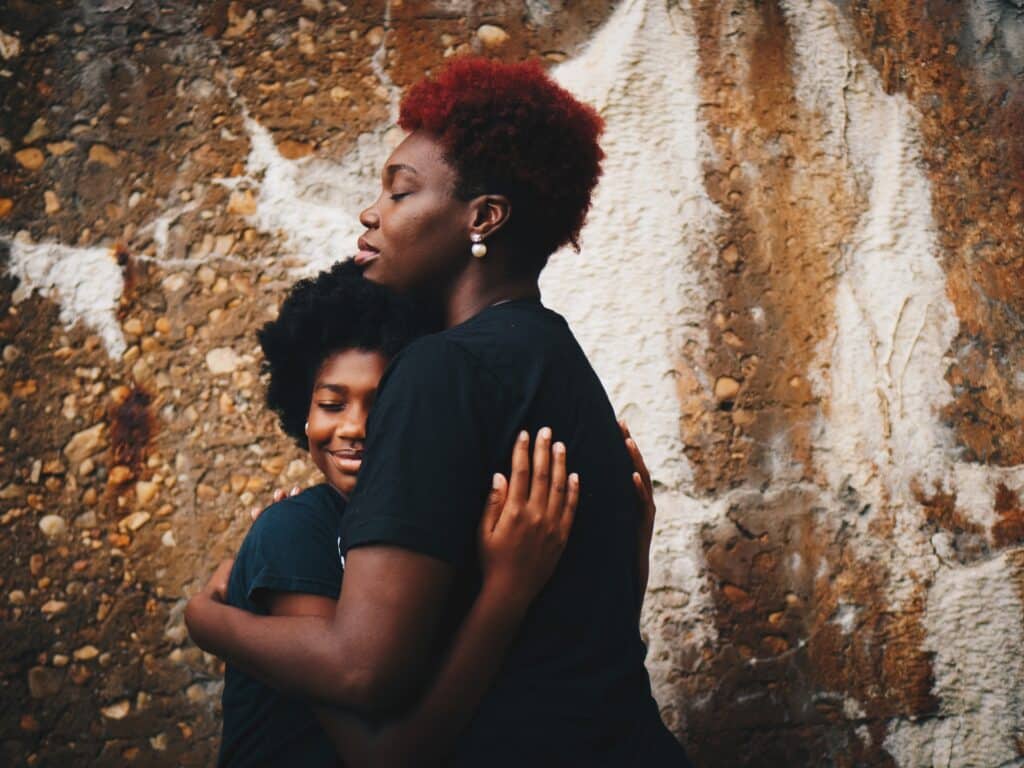When a woman gives birth, she births not only her child but also a new identity: that of a mother. This identity has been in the making since the moment she found out she was pregnant — and perhaps even before then — especially if her decision to start a family was an intentional one. In spite of the many months of pregnancy, a new mother is catapulted into the strange world of motherhood with a shocking force. There is nothing gradual about it, no going back, no undoing.
Upon giving birth, she exchanges the self she has known for one she does not, and she can intuitively sense that. Everything is different now. There may be excitement, joy, fear, angst, and everything else in between. She may be terrified to leave the confines of the hospital or birthing center or wait impatiently to be released back into the world. It is a bewildering experience and one often faced in solitude as likely no one is fully acknowledging her identity shift.
A new mother’s history of being cared for will play a major role in how she comes to experience herself in the early postpartum weeks and months. If the caregivers she had during labor and delivery placed her at the very center of the experience and gave her the respect, care, and attunement she required, she will feel more fortified to navigate the uncharted territory of new motherhood. A ‘good’ birth should not be defined by the baby’s Apgar score. It is much more than that. If the birth haunts the mother and leaves her with a heartache, we failed her at the very beginning of her journey. She may be left with the impression that this new world is not a safe one; how is she to protect herself and her baby in it?
In our culture, we like to glorify and distort the motherhood ideal: the image of a woman to whom mothering comes with cheerful ease, who self-sacrifices and is a fountain of unconditional love while being a great partner, lover, friend, and professional. Little room is made for struggle, and her every move is subject to public scrutiny. Mothers of young children receive an endless barrage of unsolicited advice and feedback. The new mother quickly catches on to those lofty expectations; before long, her own internal dialogue is filled with judgment and guilt for falling short. No wonder women often feel so ashamed of postpartum depression or anxiety. They mistake their pain for a character flaw.
When a mother is born, she is not like a butterfly, but instead like a chrysalis. As she rapidly changes on the inside, she needs to feel protected and supported. A chrysalis becomes damaged when opened too soon. Yet we do that to new mothers by commenting on their body shape and size, praising them when they seem pulled together, judging their actions, making remarks. Motherhood can become a performance, a show put on to prevent judgment and win accolades from the outside world while the chasm between how a mother really feels and how she believes she should feel deepens.
Mothers need time to own their new identity and to grow into it. It is a gradual process that unfolds over months and years, and it requires solid and thoughtful support in order to thrive. Motherhood is an odyssey, magnificent and frightening in its scope, and one without a final destination. Once a mother, always a mother.


